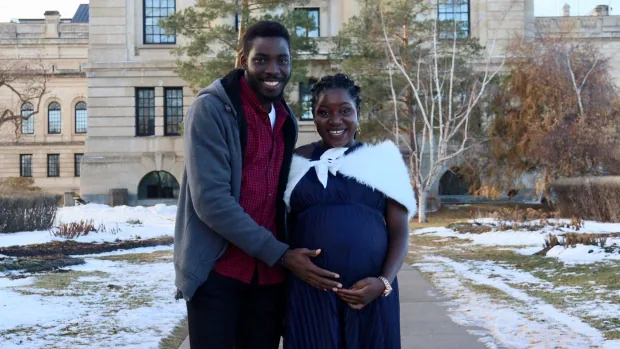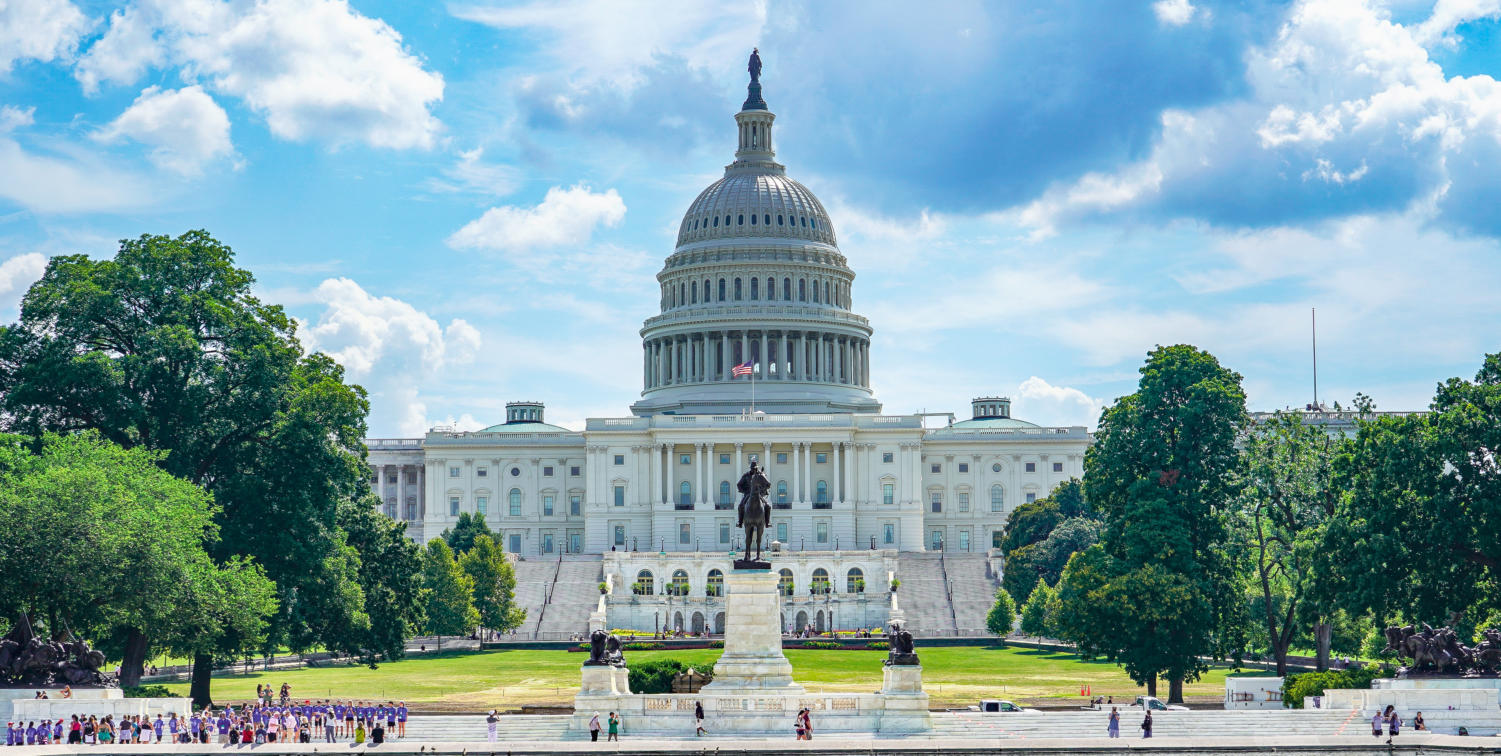Tomi and Seun Ogeye were bubbling with joy after the birth of their first child, but soon had to face the reality of taking care of him without the family support they badly needed.
The Ogeyes are one of the Nigerian families who were affected by the travel ban the Canadian government imposed on 10 African countries. The ban was initiated in November, shortly after the Omicron variant of COVID-19 was discovered in South Africa, and lifted on Dec. 18.
The ban prevented Tomi’s mother, Bola Oyegoke, from coming to Canada to help with the couple’s newborn.
Tomi and Seun met two years ago as students at the University of Regina and fell in love. They were married in April 2021.
Neither has met the other’s family in person.
“It was interesting because we did not have the typical family involvement. So it was just us getting to know each other,” Tomi said.
The couple and their families have relied heavily on technology for communication.
“I have not physically met my parent-in-law, and my wife is yet to meet my parents in person,” Seun said.

For the wedding, family and friends joined virtually.
“We only could accommodate 30 people. It’s been a virtual year,” Tomi said.
Tomi said the nine months of pregnancy went by in a blur. Their newborn, Olujimi, was born on Dec. 3.
His arrival was bittersweet. The plan had been for Tomi’s mother to arrive in Regina on Dec. 11 to help out, but she had to cancel her flights due to the travel ban.

The parents were tired and weak when they got home from the hospital, and the baby had a bad first night.
“It was then we thought, ‘OK, it would have been great to have somebody here to help.’ I feel I would have recovered faster and better if we had help,” Tomi said.
“The thought of going through this alone became overwhelming,” Seun said.
Tomi said she struggled during the postpartum period.
“People talk about what happens after the baby is born. You go through emotional, mental and physical changes,” Tomi said.

Florence Akpan, founder of Info Place Canada, a Regina-based immigration and education service, said the recent travel ban affected families, education, businesses and immigration.
She said it has delayed families being reunited, and the arrival of new permanent residents, workers and students.
“I had five new students and their families scheduled to arrive in Regina before the ban,” Akpan said.
Akpan said more testing and quarantine measures, along with close monitoring of directives from the Public Health Agency of Canada, would be the best approach going forward.

The Ogeyes say they are excited that the travel ban has now been lifted. They are working to arrange a visit from Tome’s mother as soon as possible.
In the meantime, the new parents are determined to do their best. Raising the newborn has been a daunting task, but they rely on the internet and advice from their families.
“The high point for us was looking at him, seeing significant changes in his growth and development,” Tomi said. “He is growing. We must be doing something right.”
For more stories about the experiences of Black Canadians — from anti-Black racism to success stories within the Black community — check out Being Black in Canada, a CBC project Black Canadians can be proud of. You can read more stories here.






















Discussion about this post